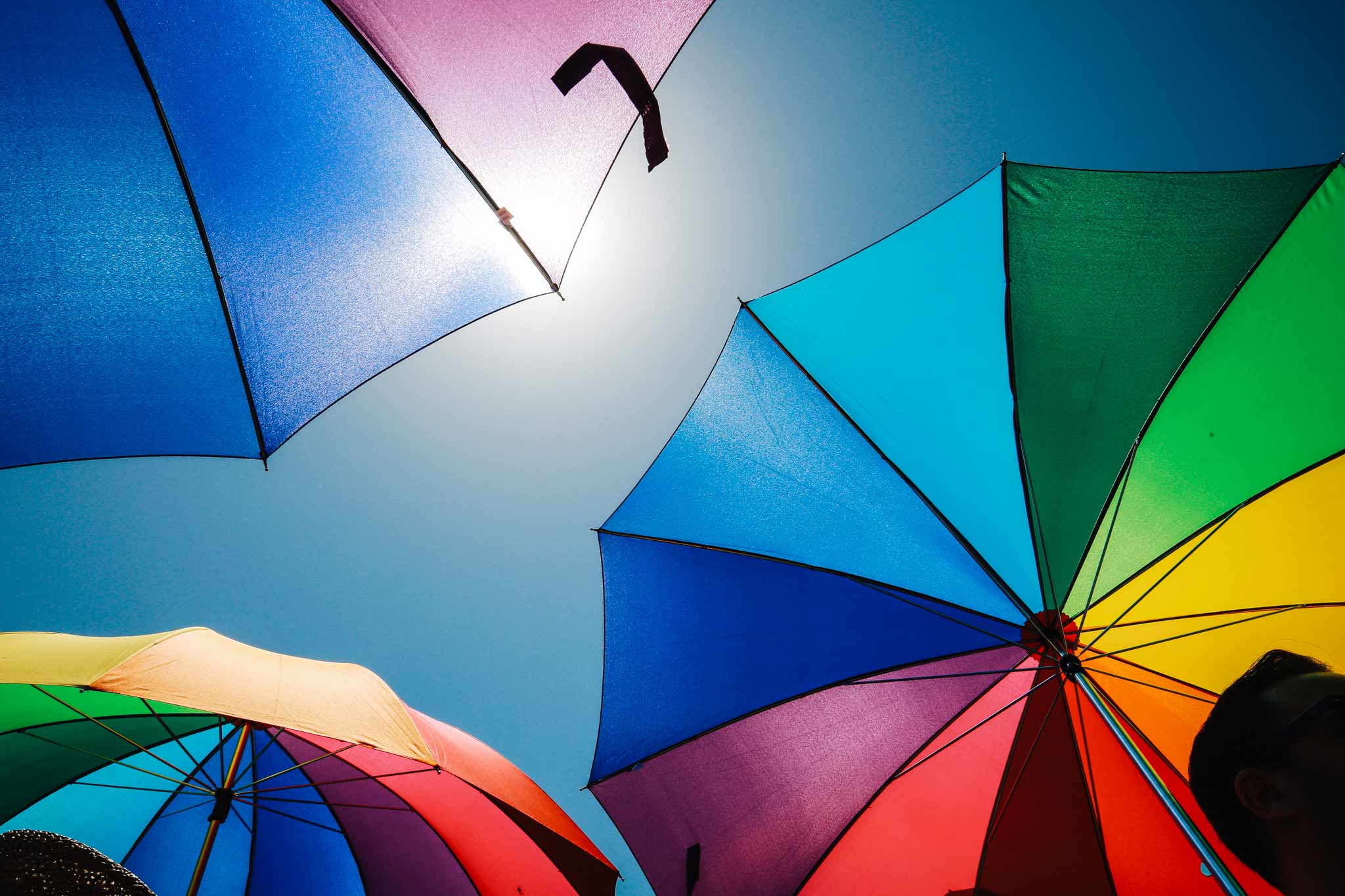To be inclusive of cultural, linguistic and religious diversity and promote racial equity, we need to ensure our policies, practices and behaviour support inclusion and equality.
Through our research and teaching, RMIT aims to:
- Help solve complex local, national and global problems in relation to our students
- Equip our students for life and work in a diverse global environment; and
- Establish a staff and student community that is well equipped to communicate and collaborate effectively with individuals with diverse circumstances and backgrounds.
You can find a detailed agenda on RMIT’s transition from Reconciliation to Responsible Practice, and our commitment to the inclusion of Indigenous staff and students through Indigenous engagement and reconciliation on our Reconciliation to Responsible Practice page (staff log in required).
RMIT’s Cultural Inclusion Working Group comprising diverse staff and students, oversees the implementation of our actions focused on cultural, linguistic and religious diversity at RMIT. To find out how you can get involved, contact diversity.inclusion@rmit.edu.au.
Selected initiatives
International students
At RMIT, we’re proud of our diverse and inclusive community. We believe everyone deserves to feel supported, respected and valued in their place of study and work.
Learn more about our commitments to a diverse, respectful, and inclusive RMIT community, and about our services and resources for international students.
Name pronunciation feature in Workday
Correctly pronouncing a person’s name is important to a sense of inclusion. To support this, staff can now add their phonetic pronunciation to their Workday profile using Workday’s Change My Name Pronunciation task.
Courageous Conversations
RMIT has invested in training for staff and students, supporting them in leaning into courageous conversations about race and racism. Across two sessions, over 140 senior leaders, staff and students recently took part in two workshops run by famed facilitator and antiracism activist Glenn Singleton. Staff have also taken part in a number of two day intensive workshops focused on race and anti racism, playing a key part in RMIT’s inclusion and equity work.
Student clubs, events and activities
RMIT Student Life and the RMIT Student Union support a number of clubs, events and activities on campus. This includes a Multicultural Festival across all three Melbourne campuses around the International Day for the Elimination of Racial Discrimination. With over 125 countries represented among RMIT’s enrolled student body, the Multicultural Festival is a chance for students to celebrate diverse cultures at RMIT with music, food and performances.
Welcome Scholarship
RMIT has a holistic program for refugee students and people seeking asylum, including fee waivers, scholarships, priority access to student support services, employability development and employment opportunities including on-campus work and WIL placements.
Global experiences
RMIT has a wide range of global experiences to suit every student. The great news is that they don’t even need to leave their home or city to have a fully immersive experience, with programs designed to enhance their understanding of global issues and events.
Multi-faith Centre
Our Multifaith and Wellbeing Centre redevelopment opening in 2023 will better serve the needs of RMIT’s diverse community.
RMIT is committed to supporting the religious practices of staff and students from a diverse range of faiths. You can find a list of the prayer rooms available on each campus here.
Memberships and accreditations
Diversity Council Australia is the independent not-for-profit peak body leading diversity and inclusion in the workplace. As a member organisation, all RMIT staff have access to their research, events and resources.
For membership information including login details please contact People Connect.
Concerns and complaints
If you have experienced bullying, harassment or discrimination, find how to report a complaint here if you are a staff member or if you are a student.
RMIT’s Employee Assistance provider, Benestar, and the student counselling service share RMIT’s commitment to diversity and inclusion and strives to ensure their workforce reflects the communities they service. Learn more about Benestar’s commitment to diversity and inclusion and about the RMIT student Counselling and Psychological Services.
